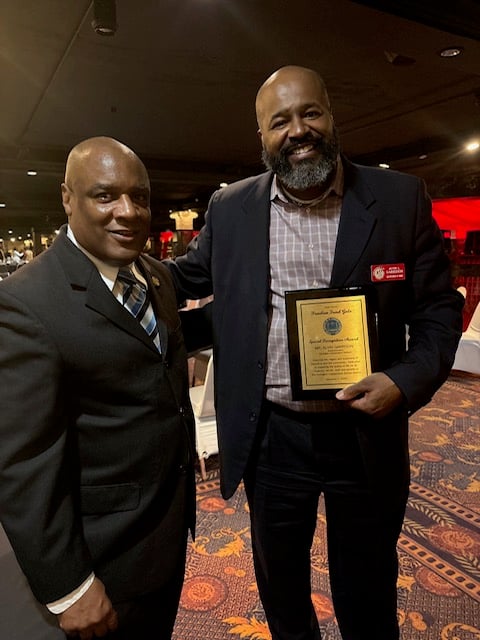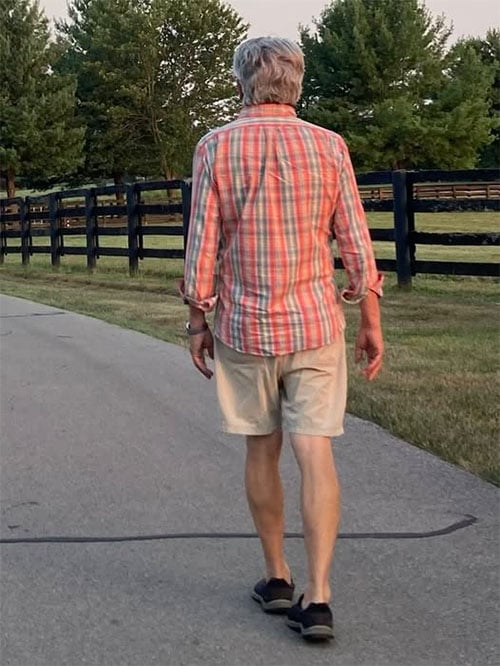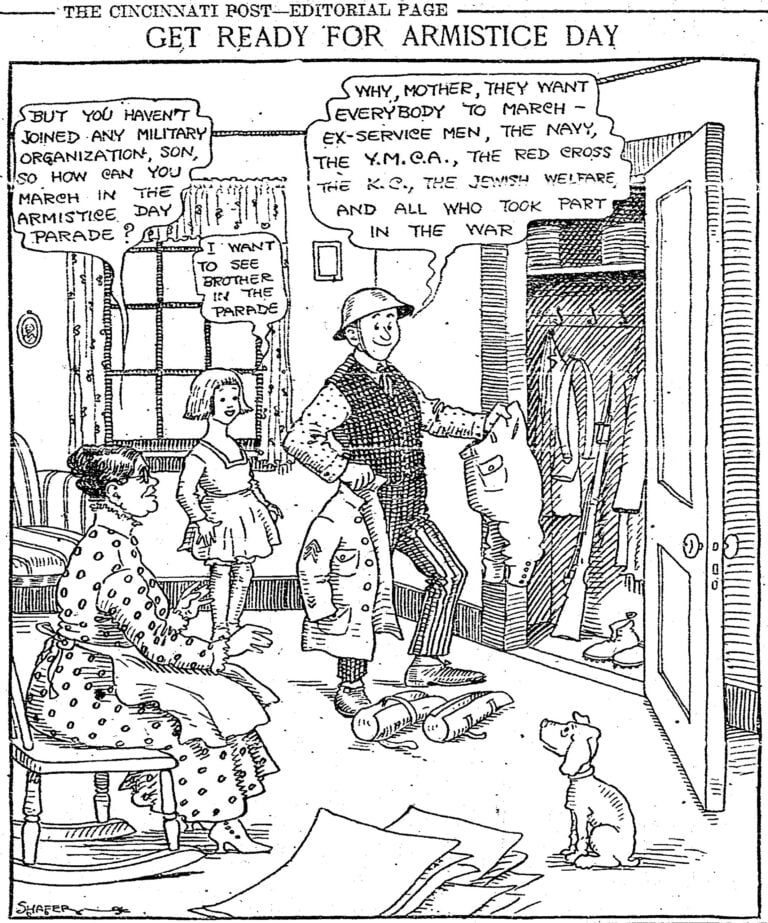Hopefully, you saw the recent good news that drug overdose deaths in Kentucky dropped by 30.2% last year — the third straight year that we have seen a significant decrease.
This is a welcome trend indeed for a state that has seen countless individuals, families and communities ravaged by the opioid use disorder (OUD) epidemic for more than a quarter century now.
While this news is obviously worth celebrating, it is critical to remember that our work will not be finished until we get to zero overdose deaths.

Despite commendable progress, OUD rates among our neighbors here in the Commonwealth have remained stubbornly high. In fact, Kentucky still has one of the highest OUD prevalence rates in the entire country, with over 2.5% of our population affected.
A just-released study by Avalere Health for the first time examines the full societal costs associated with the OUD crisis and spotlights the impact on Kentucky. And the results are something advocates, providers, lawmakers and public officials should pay close attention to.
While we know that the immense physical and emotional toll of the epidemic on families are incalculable, the findings from the new report are truly astounding. In addition to Kentucky’s high prevalence rate of 2.5%, the report found that:
• The total cost of OUD in Kentucky is $95 billion, with an average cost per case of $709,441.
• State and local governments bear over $2 billion in costs, primarily driven by criminal justice expenses and lost tax revenue.
• Criminal justice accounts for more than 40% of state and local government costs, a large share of Kentucky’s OUD-related spending.
• The state/local per capita OUD cost is among the highest nationally, between $400-$500 per resident annually.
• Kentucky’s OUD-related costs consume over 6% of the state’s GDP.
Unfortunately, that’s a lot of bad news. However, there is also good news as we seek to address these sobering statistics.
Kentucky has two critical funding tools — State Opioid Response (SOR) funds and opioid settlement dollars — that can be leveraged to continue our vital progress in this fight. However, the Avalere Health study emphasized one key strategy that may be too often overlooked.
The report demonstrates an effective treatment regimen, which puts state and local funding for OUD treatment to its most efficient and effective use.
Avalere reports that of the treatments evaluated, long-acting injectables (LAI) with behavioral therapy demonstrated the highest estimated annual per-case savings at $295,000. That cuts the per-case cost almost in half.
LAIs are a treatment option that involve one shot bi-monthly or monthly. This means that people suffering from OUD can spend more time getting back to their lives and getting back to work, without daily trips to the doctor to receive medicine.
LAIs work well in criminal justice settings too, saving on dispensing costs and transportation costs and the risks associated with transport. In short, LAIs in combination with therapy, offer hope of real recovery.
An increasing amount of reliable data shows that LAIs offer not only long-acting help to our fellow Kentuckians, but they offer a promising pathway to long-term success in fighting the opioid crisis.
That’s why the Kentucky Pharmacists Association (KPhA) is working hard to increase access to LAIs in community pharmacies across the Bluegrass State. This includes encouraging more of our pharmacies statewide to participate in the Risk Evaluation and Mitigation Strategy (REMS) program, which enables them to administer these products within the community pharmacy setting.
As we continue our collaboration to heal Kentuckians from OUD, we must ensure that we are utilizing the most effective tools available — for the good of our citizens and the good of our Commonwealth. Kentucky’s pharmacists community is here to help, serving on the front lines of opioid treatment every day.
Because as any Kentucky family grieving the loss of a loved one to this insidious enemy can attest: the cost is much too great to bear.
Dr. Ben Mudd is executive director of the Kentucky Pharmacists Association





















